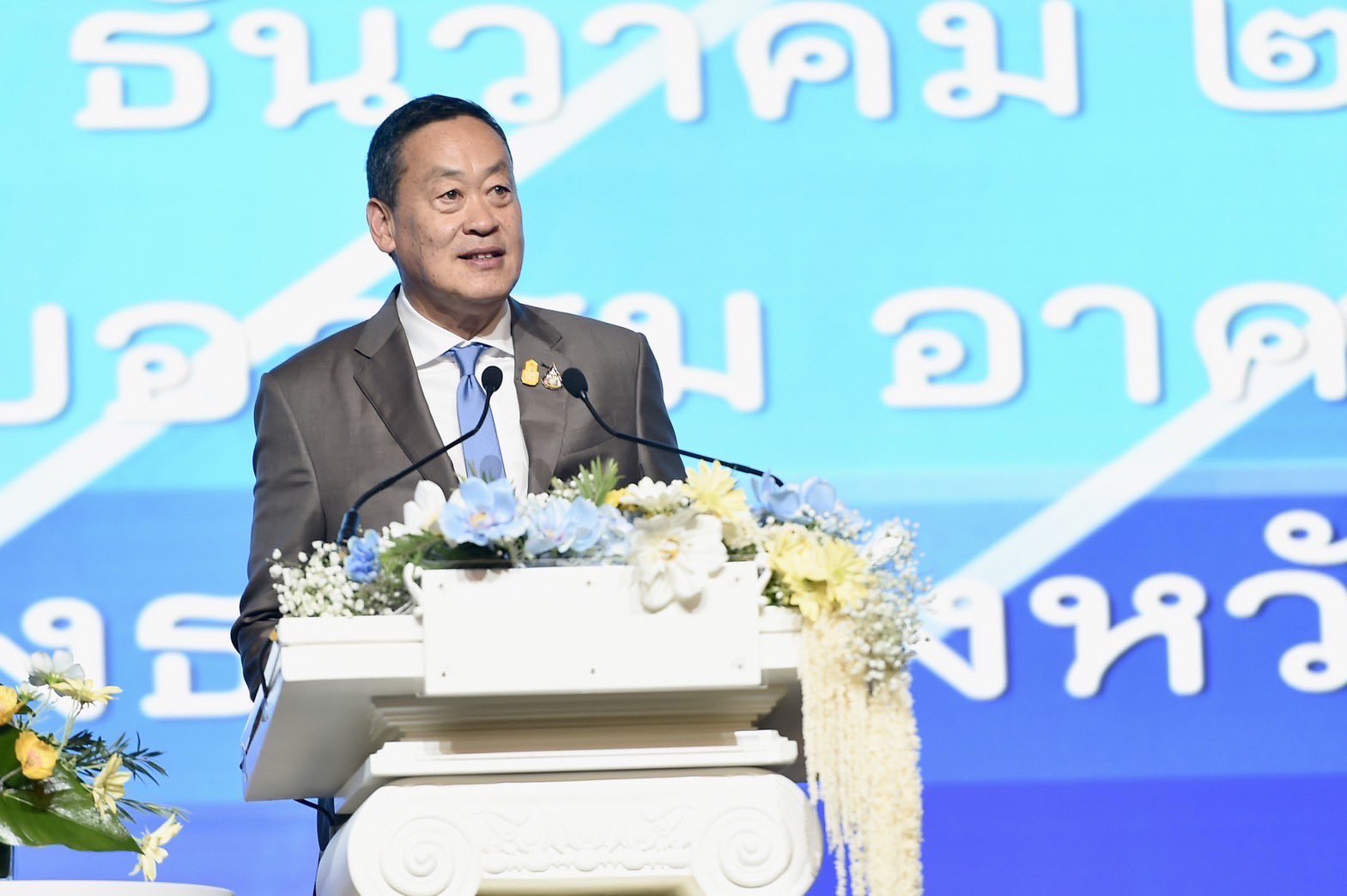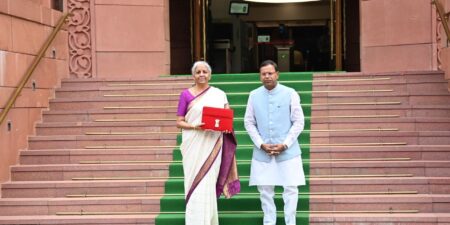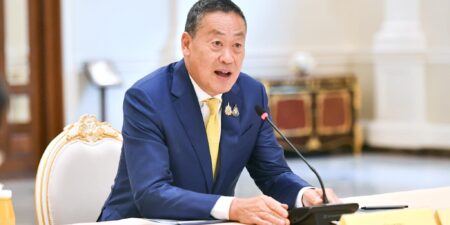
Thailand’s Semi-Democratic Stability Provides Opportunity To Get Economy Moving Again

Insights & News


India’s Union Budget 2024 Fuels Jobs, Investment, Infrastructure and Resilience
The BGA India Team, led by Managing Director Ratan Shrivastava, wrote an update to clients …

Australia Strengthens Indo-Pacific Security Cooperation in Series of Engagements
The BGA Australia Team, led by Managing Director Michael “Mick” McNeill, wrote an update to …

Thailand’s Post-Election Reset
BGA Senior Adviser Dr. Thitinan Pongsudhirak wrote an update to clients on Thailand’s new political …
At BowerGroupAsia, we are committed to
delivering result-oriented solutions for our clients
We have proven track record of helping the world’s top companies seize opportunities and manage challenges across the dynamic Indo-Pacific region.




















